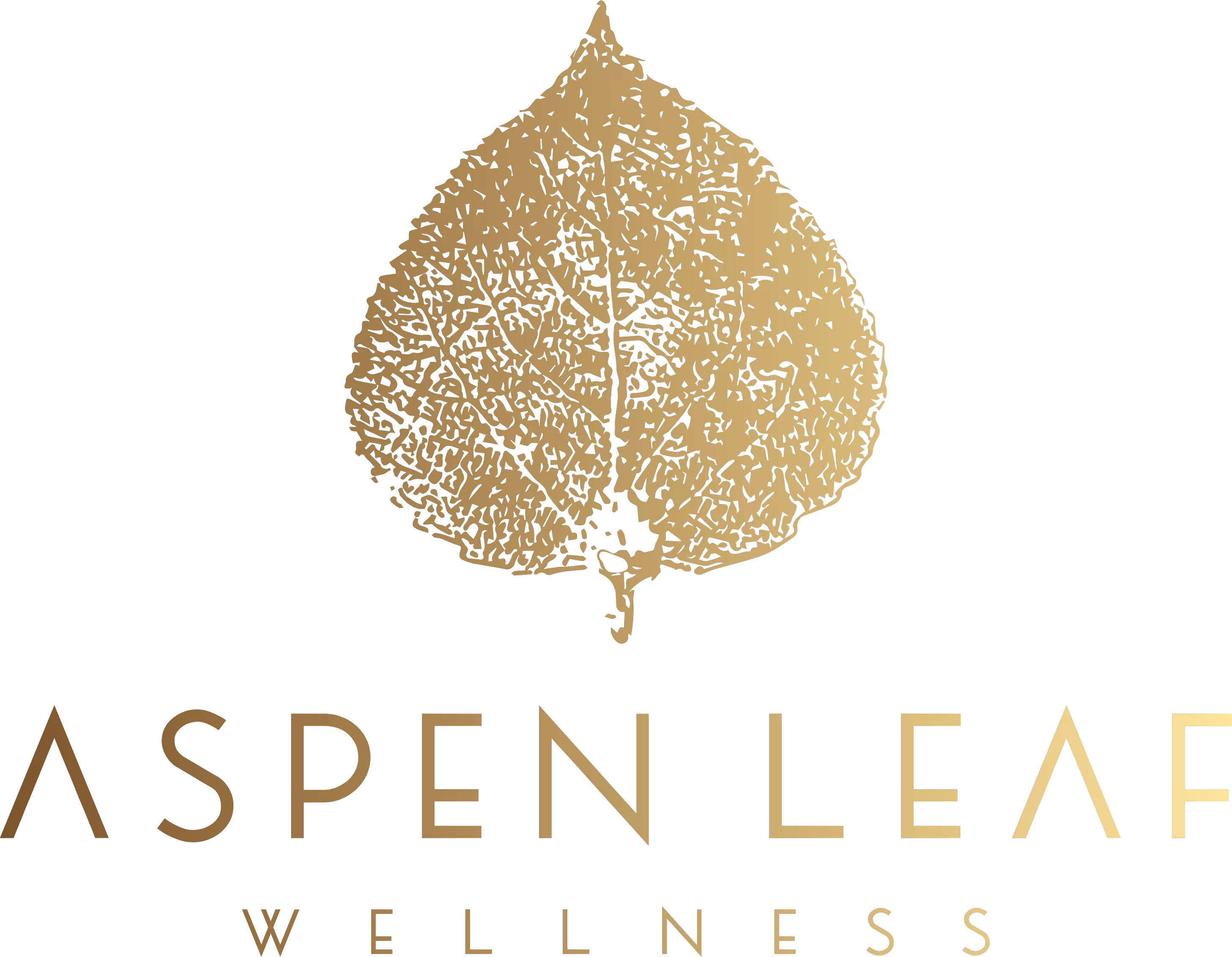By
admin
|
Published
August 11, 2011
Acupuncture is recognized by the National Institute of Health (NIH) and the World Health Organization (WHO) to be effective in the treatment of a wide variety of medical problems. Below are some of the health concerns that acupuncture can effectively treat:
- Addiction
- Anxiety
- Arthritis
- Asthma
- Bronchitis
- Carpal tunnel syndrome
- Chronic fatigue
- Colitis
- Common cold
- Constipation
- Dental pain
- Depression
- Diarrhea
- Digestive trouble
- Dizziness
- Dysentery
- Emotional problems
- Eye problems
- Facial palsy
|
- Fatigue
- Fertility
- Fibromyalgia
- Gingivitis
- Headache
- Hiccough
- Incontinence
- Indigestion
- Irritable bowel syndrome
- Low back pain
- Menopause
- Menstrual irregularities
- Migraine
- Morning sickness
- Nausea
- Osteoarthritis
- Pain
- PMS
- Pneumonia
|
- Reproductive problems
- Rhinitis
- Sciatica
- Seasonal affective disorder (SAD)
- Shoulder pain
- Sinusitis
- Sleep disturbances
- Smoking cessation
- Sore throat
- Stress
- Tennis elbow
- Tonsillitis
- Tooth pain
- Trigeminal neuralgia
- Urinary tract infections
- Vomiting
- Wrist pain
|
Posted in
|
By
admin
|
Published
August 11, 2011
Today, TX acupuncturists take another 4 years of extensive and comprehensive masters’ level training at nationally accredited graduate schools after their undergraduate degree. They must pass 4 national board exams: Biomedicine, Foundations, Acupuncture, & Chinese Herbology. Some will continue on to pursue an advanced doctoral degree in integrative medicine and/or in specialties such as internal medicine, orthopedics, or oncology.
They are required to pass the clean needling technique (CNT) examination before internship and take 60 professional development activity (PDA) or continuing education (CEU) credits for recertification every four years after they are licensed. These courses must include ethics, safety, and western biomedicine.
Posted in
|
By
admin
|
Published
August 11, 2011
Acupuncture is extremely safe. It is an all-natural, drug-free therapy, yielding no side effects just feelings of relaxation and well-being. There is little danger of infection from acupuncture needles because they are sterile, used once, and then discarded.
Posted in
|
By
admin
|
Published
August 11, 2011
Patients may have the option to submit a superbill for out-of-network provider services and obtain reimbursement. Contact your insurance provider to learn what kind of care is covered. Here are a few questions to ask:
- Will my plan cover acupuncture?
- How many visits per calendar year?
- Do I need a referral?
- Do I have a co-pay?
- Do I have a deductible?
- If yes, has it been met?
Posted in
|

